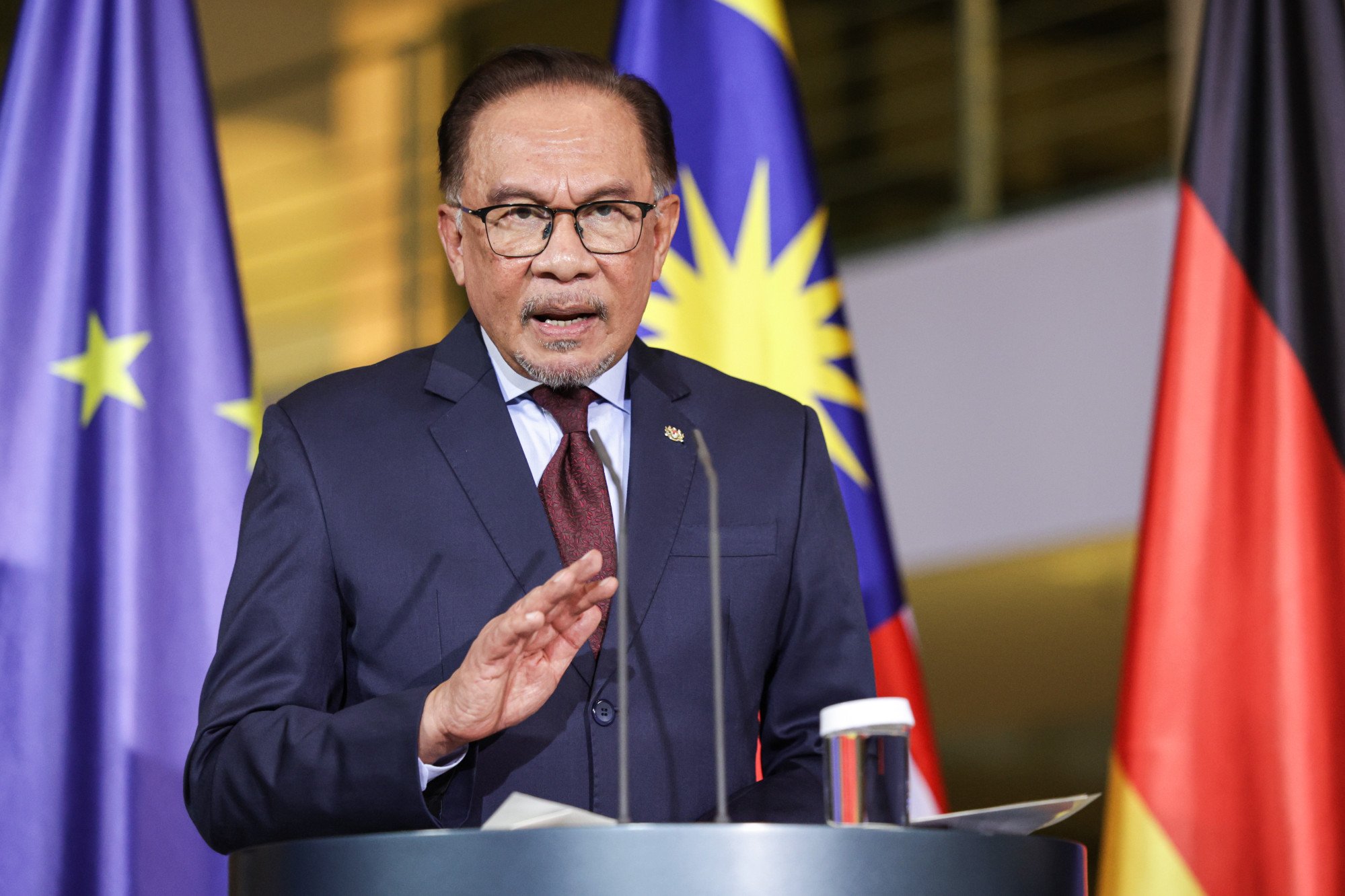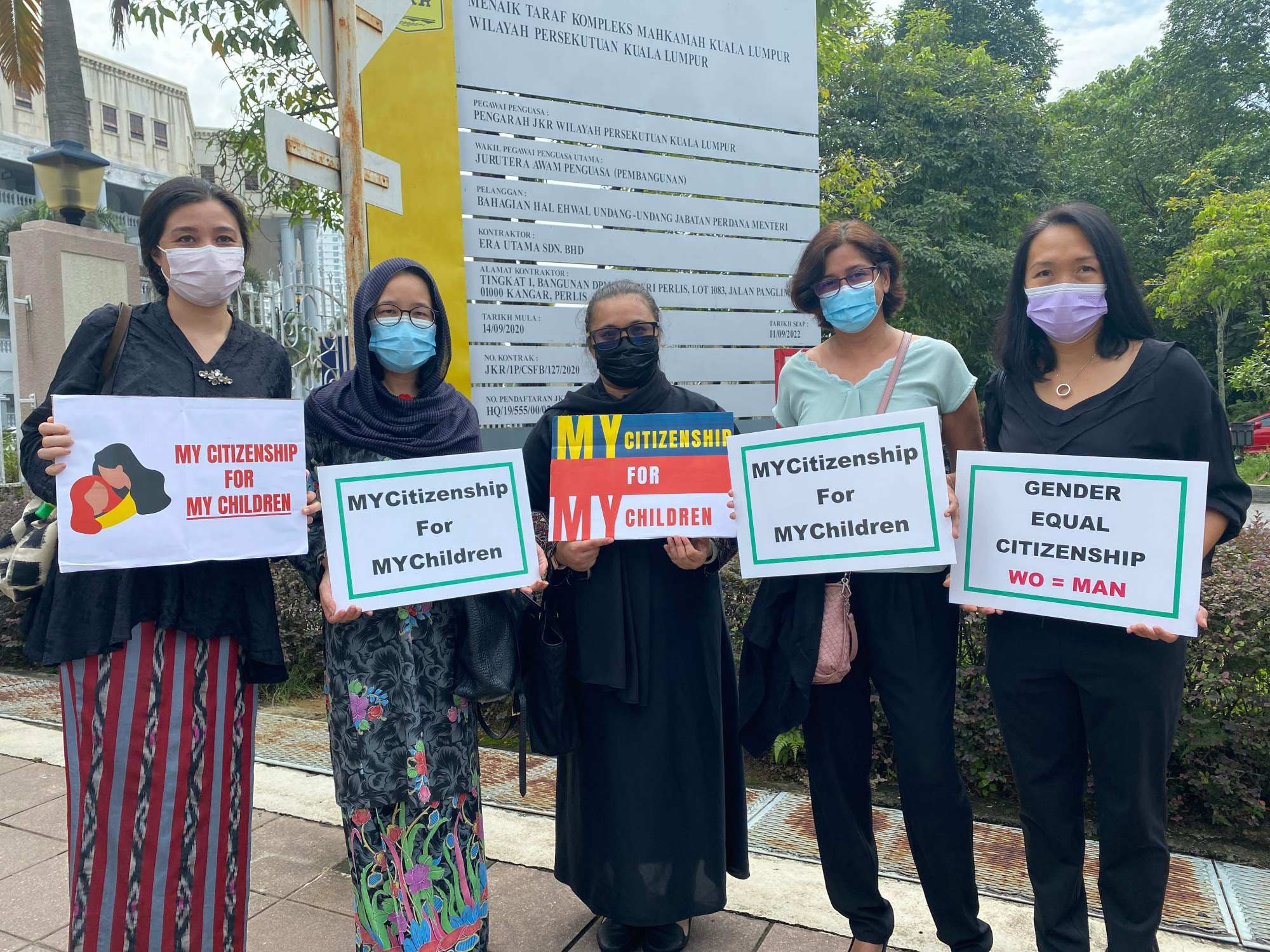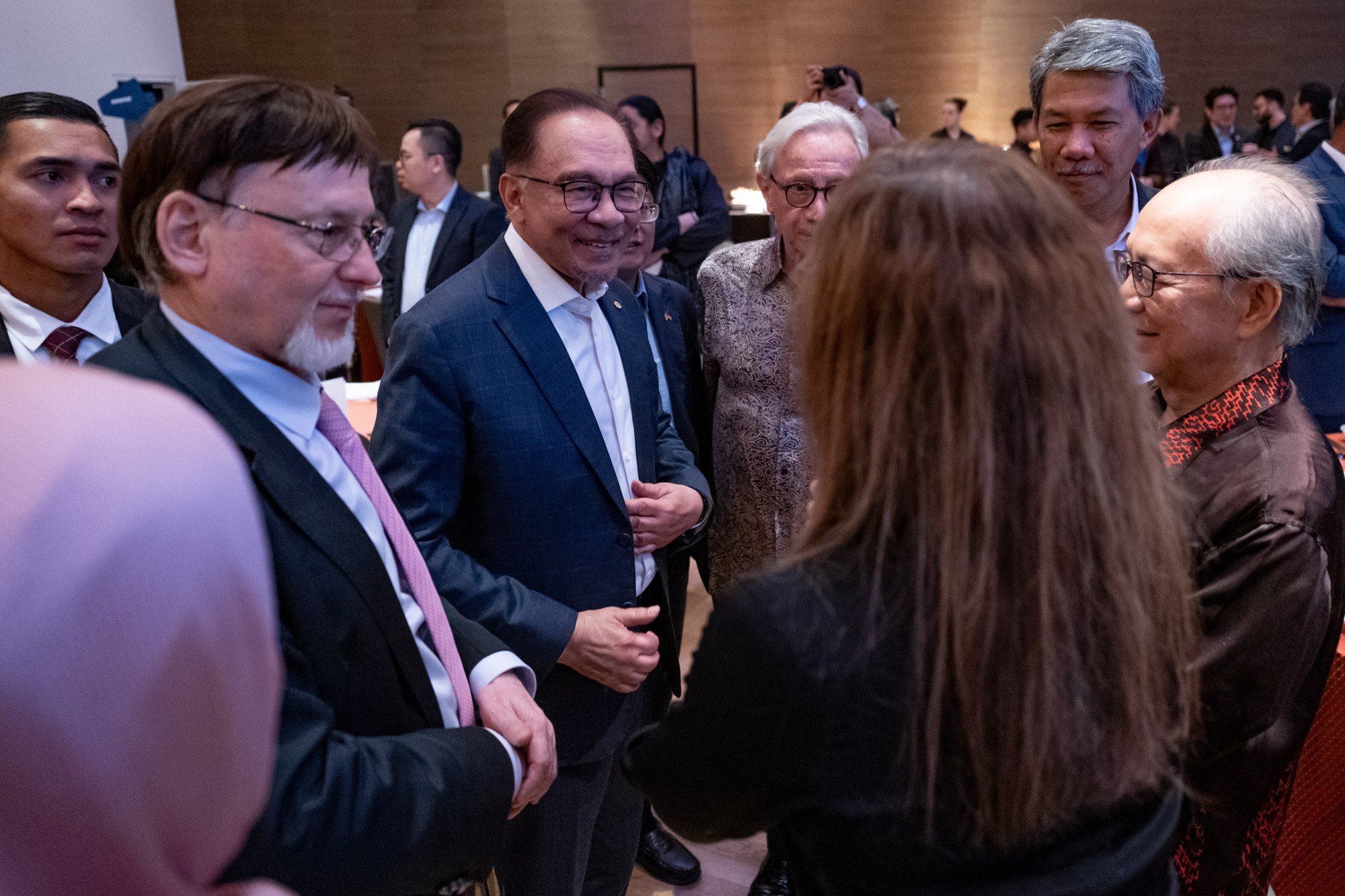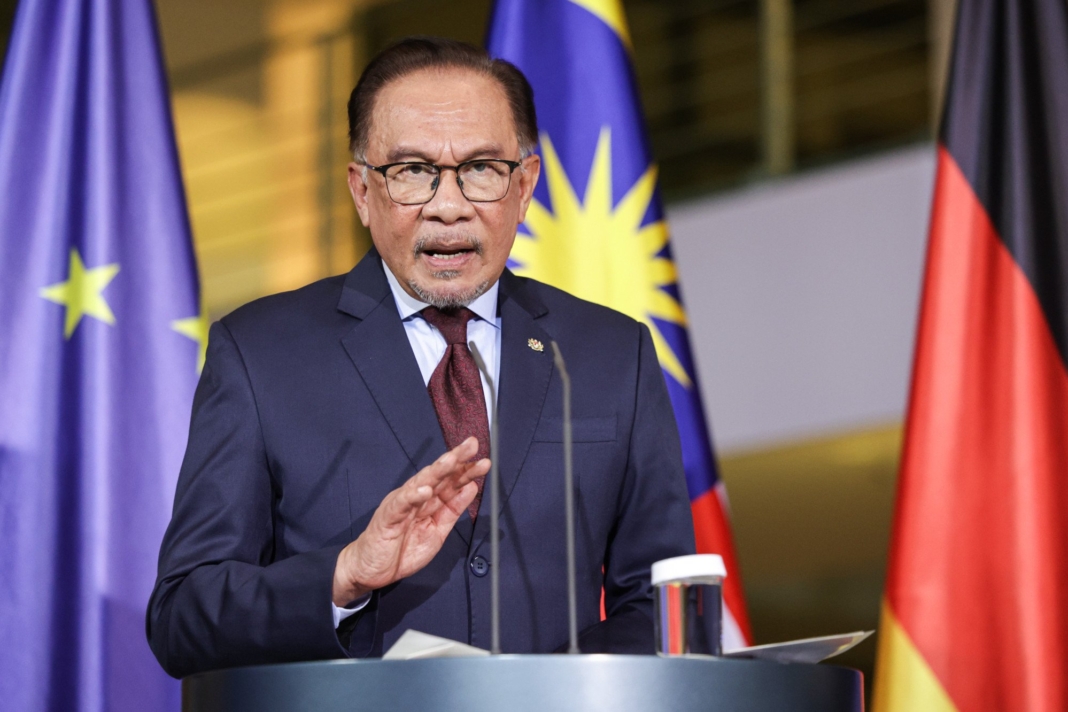Malaysia is rectifying a gender bias in its constitution next week according to Prime Minister Anwar Ibrahim, allowing foreign-born children to Malaysian mothers and their non-Malaysian spouse to automatically get citizenship, ending years of struggle for many.
Under the current law which goes back to 1963, only Malaysian men who marry non-citizens and have a child abroad can pass their citizenship to their children, while children born to Malaysian mothers under the same arrangement are deprived of the same right.
The prime minister, who was in Berlin on an official visit, said the constitutional provision was wrong, and the cabinet had approved to table the amendment to parliament next week, saying the matter was “done”.

“The issue now is “parent” in the present constitution, for decades means father. We realise it is not right. Parent means father and mother,” Anwar said.
The amendment will affect Article 14 of the constitution which made no mention of mothers when it comes to conferring citizenship to a person born outside of Malaysia.
International rights group Equality Now cited Malaysia as one of the small group of six countries – alongside the Bahamas, Barbados, Iraq, Liberia and Mauritania – that continues to prevent women from passing their citizenship to their children on equal basis as men if the child is born abroad.
Anwar was asked on that matter by a Malaysian woman living in Berlin, whose children are not Malaysian citizens due to this provision, at a Ramadan dinner with the Malaysian diaspora in the German capital.
Such constitutional amendments require a two-thirds majority vote in parliament, a figure commanded by Anwar, that backs his confidence in it being passed.

In 2020, the advocacy group Family Frontiers sued the government over the gender bias in the law and won when a Kuala Lumpur High Court judge ruled that foreign-born children of these mothers are entitled to citizenship.
The ruling, however, was overturned in 2022 by the appellate court after a legal challenge by the government, which wished to maintain the status quo.
Family Frontiers then pressed for the case to be heard by the Federal Court, the country’s apex court, which had set a date in June to hear the case.
Indonesia election 2024: calls for dual citizenship heat up amid ‘brain drain’
Indonesia election 2024: calls for dual citizenship heat up amid ‘brain drain’
In parliament on Monday, Home Minister Saifuddin Nasution said that despite the amendment not being tabled yet, his ministry had resolved all the citizenship cases, adding that Family Frontiers’ cause for struggle was “no more”.
“On the case of Malaysian mothers giving birth abroad with their [non-Malaysian] partners, all 3,000 [cases] have been resolved last week,” Saifuddin said.
His comment, understood to mean that all pending cases had been resolved, raised eyebrows among many Malaysian mothers who took to social media to show that their cases are still pending.

On X, user Tee Li Li, a single mother, is one of many who showed screenshots of their citizenship applications to register their child which are currently still marked as “being processed”, with her application dating back to 2017.
“My child’s citizenship application has not been resolved,” she said in response to the home minister’s comment.
The discrepancy between the prime minister’s response and the home minister’s comment in parliament is causing further anxiety to these families, as the lack of citizenship sets up hurdles in their daily lives, including hospital visits and schooling, with the latter costing exorbitant sum for non-citizens compared to the token 1 ringgit (20 US cents) for citizens.
Non-citizens are also barred from attending government schools, forcing parents to spend money to have their children educated at private schools.
Family Frontiers’ lead coordinator Bina Ramanand said these children should be granted citizenship immediately, regardless of when the constitutional amendment was done.
“This should be done without further delay, they have suffered enough,” she said.
Source: scmp.com



